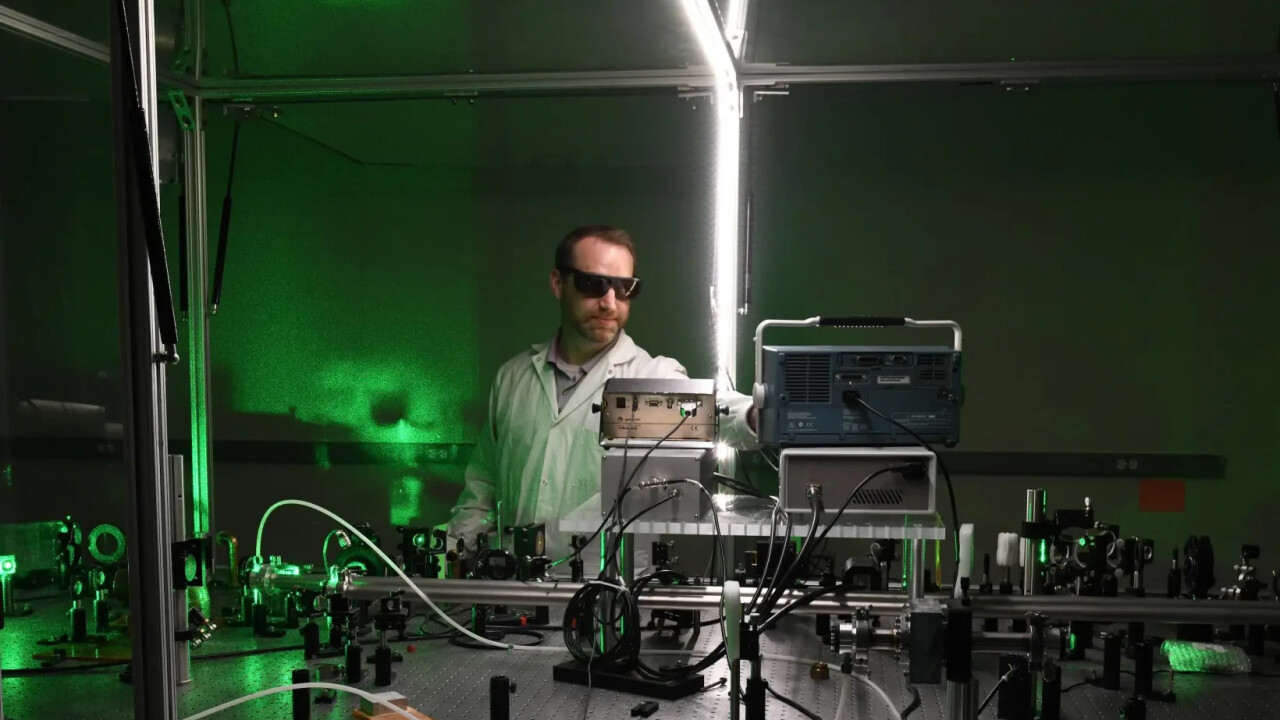
German startup Marvel Fusion and Colorado State University have broken ground on a $150M laser facility in a bid to commercialise fusion energy.
Dubbed ATLAS, the facility will use three ultra-high intensity lasers to fire 7 petawatts of power — over 5,000 times the electrical generation capacity of the US — at a target roughly the width of a human hair.
The blast will last approximately 100 quadrillionths of a second. However, it will produce enough heat and pressure to fuse atoms together, initiating the same reaction that powers the Sun and stars.
For decades, scientists have been experimenting with lasers to create fusion reactions. A major breakthrough came in 2022, when the US government’s National Ignition Facility (NIF) successfully achieved a first in the sector: a net energy gain in a fusion reaction.
Net energy gain essentially means that the reaction produced more energy than went into it. The feat ignited hopes that fusion’s promise of abundant, clean, and limitless energy may not be too far off.
However, there’s a huge difference between achieving net energy gain and making a commercial fusion power plant that generates continuous clean energy. For that you’d need to produce these fusion blasts several times per second.
But that’s exactly what Marvel Fusion plans to do.
Commercial fusion reactors
ATLAS, located at the university’s campus in Fort Collins, will aim to repeat the laser blasts ten times per second. That will be enough to generate an ongoing fusion reaction and, hopefully, a stable supply of clean energy.
The facility will be similar to NIF, but use cutting-edge technology designed to improve the laser’s power and efficiency, while bringing down costs.
Colorado State University will develop one of the lasers. Marvel will build the other two, in a bid to prove its core technology. The partners aim to complete the laser facility in 2026.
“This groundbreaking (feels that a word’s missing) marks an exciting new chapter in the partnership between Marvel Fusion and Colorado State University as we move forward with constructing a facility that will drive the future of fusion energy,” said Heike Freund, chief operating officer at Marvel Fusion.
While Marvel Fusion has established a subsidiary in Colorado to support this collaboration, the company’s headquarter remains in Munich, Germany.
When asked why he chose the US, Marvel’s CEO Moritz von der Linden previously told the Financial Times that it was the “fastest, most capital-efficient way for us to move on building this facility.” There is simply more funding and an appetite for this kind of technology across the pond, he said.
Nevertheless, he doesn’t necessarily intend on building a full-scale commercial plant in the US. “It could very well, maybe hopefully, be in Europe,” he said.
Marvel recently secured €62.8mn in a Series B funding round, bringing its total raised to date to €100mn.
Alongside fusion energy, ATLAS will also support research in medicine, semiconductors, and X-ray imaging. For instance, lasers could be used to deposit energy in a very localised region for tumour treatment.
Both Colorado State University and Marvel will fund the construction of the new facility. The US government has also put $28mn toward the project.
Get the TNW newsletter
Get the most important tech news in your inbox each week.




